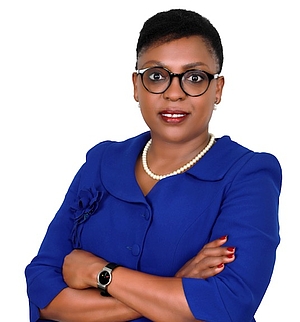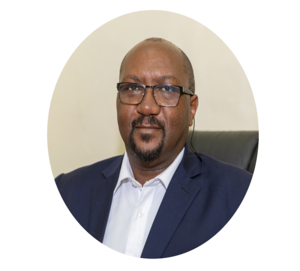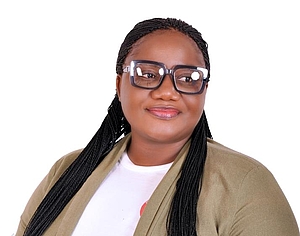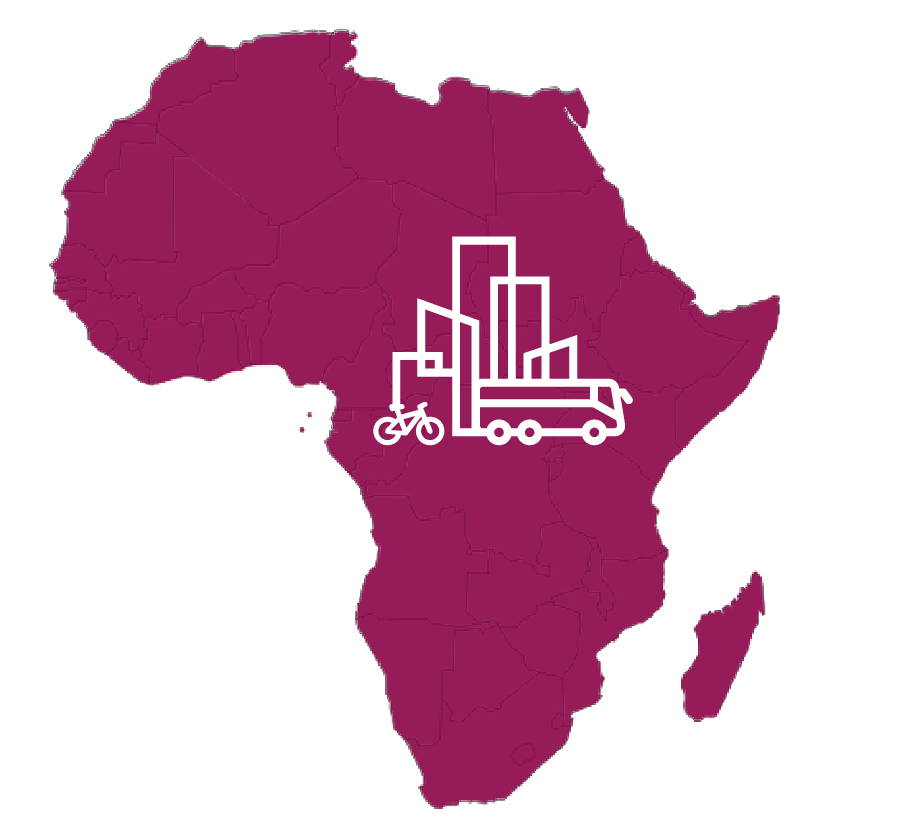Webinar Dialogue: Cities on the Move, People at the Centre

The idea of a "smart" city is discussed globally, a trend that will take center stage at the Global Observance of World Cities Day in Bogotá, Colombia. Under the theme "People-Centred Smart Cities," this global event celebrates how digital technologies are transforming urban life, offering immense potential to improve how cities are designed, managed, and governed.
But as rapid urbanization reshapes cities across Africa, this theme invites a critical question: How can digital innovation support, not supplant, the informal public transport systems that keep millions moving every day?
From the matatus of Kenya to the dala dalas and bodabodas of Tanzania and Uganda, these informal networks are the backbone of urban mobility. They provide essential, affordable, and flexible transport, often serving areas that formal infrastructure ignores. Yet, as cities race to adopt "smart mobility" solutions, there’s a real risk that these vital systems —and the millions of people who rely on and operate them —will be marginalized.
To ensure genuine, inclusive progress, innovation must be guided by the principles of a just city. A just city prioritizes accessibility, participation, and social justice. It’s not just about what technology improves mobility, but who benefits from those improvements and who might be left behind. For Africa's burgeoning urban centers, this means ensuring that the majority who walk, cycle, or ride informal transit are at the heart of the "smart" revolution.
In a commitment to reimagining urban mobility through this "just city" lens, FES and local partners are actively engaging with the public and informal transport sectors. As World Cities Day approaches, the Just City network invites you to an online event that will showcase real-life examples and proven interventions that ground transport and mobility models in justice.
Featuring dynamic speakers from Uganda, Tanzania, and Kenya, this dialogue will critically examine systemic barriers to mobility justice, from rising transport costs to policy gaps—and share practical, co-designed solutions. We will explore how informal transport stakeholders are successfully collaborating with the government to improve working conditions and develop user-friendly transport services.
Date: 21st October 2025
Time: 3:00 PM - 4:30 PM EAT
Platform: Zoom (register to receive the link)
Register below.
Amanda Ngabirano

Ms. Amanda Ngabirano is an urban and regional planner and lecturer at Makerere University, with a focus on connecting research, practice, and people for meaningful change. Her interests include urban mobility, inclusiveness, and a just transition. She has participated in numerous urban mobility projects, primarily advocating for inclusive, sustainable, and people-centered solutions as an expert in stakeholder engagement. Her research spans informality, transport complexities, urban mobility integration, modal split, clean mobility, road safety, and public space quality, especially in Kampala and East Africa, in collaboration with local and international colleagues.
Currently, she chairs the Greater Kampala Metropolitan Area (GKMA) Urban Mobility Consultative Forum, a platform designed to foster dialogue during the transitional phase between public transport providers and regulators. Previously, Ms. Ngabirano served as Chairperson of Uganda’s National Physical Planning Board, the top authority for physical planning in the country.
Dr. Mbugua wa Mungai

Dr. Mbugua wa Mungai is a distinguished Kenyan scholar, cultural theorist, and disability rights advocate whose work crosses disciplines such as literature, folklore, urban culture, and inclusive policy. Holding a PhD in Comparative Folklore from the Hebrew University of Jerusalem, he has taught at Kenyatta University for close to 30 years. In his roles as Senior Lecturer, Literature Department Chair, and Director of Disability Services, he has influenced both academic debate, inclusive policy and institutional reforms. His research covers topics like matatu subcultures, youth masculinities, financial inclusion, and the experiences of people with disabilities, published in leading journals and volumes. His book “Nairobi’s Matatu Men: Portrait of a Subculture” tells the story of a subculture that has been iconic to Nairobi's everyday life since the 1950s: Nairobi's privately-owned mini busses which provide public transport. He takes this culture as an entry point into a discussion of broader issues about Nairobi and Kenyan society. A Fulbright Scholar and international speaker, Dr. wa Mungai has lectured and curated exhibitions across Africa, Europe, and North America, and has served on advisory boards related to disability inclusion, culture, and education. His mentorship, leadership on national committees, and dedication to socially engaged scholarship demonstrate a career committed to intellectual excellence, cultural understanding, and social justice. He is one of the founding members of the Socially Just Public Transport Working Group that is convened by FES Kenya, and has contributed to research and policy conversations on socially just mobility including the “Unpacking of a Socially Just Public Transport Model for Kenya.
Nice Amon Mwansasu

Ms. Nice Amon has ten years of experience as an organizer and currently works in the education department of the Communication and Transport Workers Union – Tanzania (COTWU-T) to promote union building. Her focus is on unionizing workers in the informal economy, such as motorcycle-taxi drivers and daladala operators, mainly in Dar es Salaam. She earned a bachelor’s degree in law from the Open University of Tanzania and took part in the Engage short course offered by the Global Labor University – Johannesburg, affiliated with the University of Witwatersrand. She is also part of the elected leadership of the International Transport Workers’ Federation (ITF) Executive Board, where she serves as Vice President for Youth.
